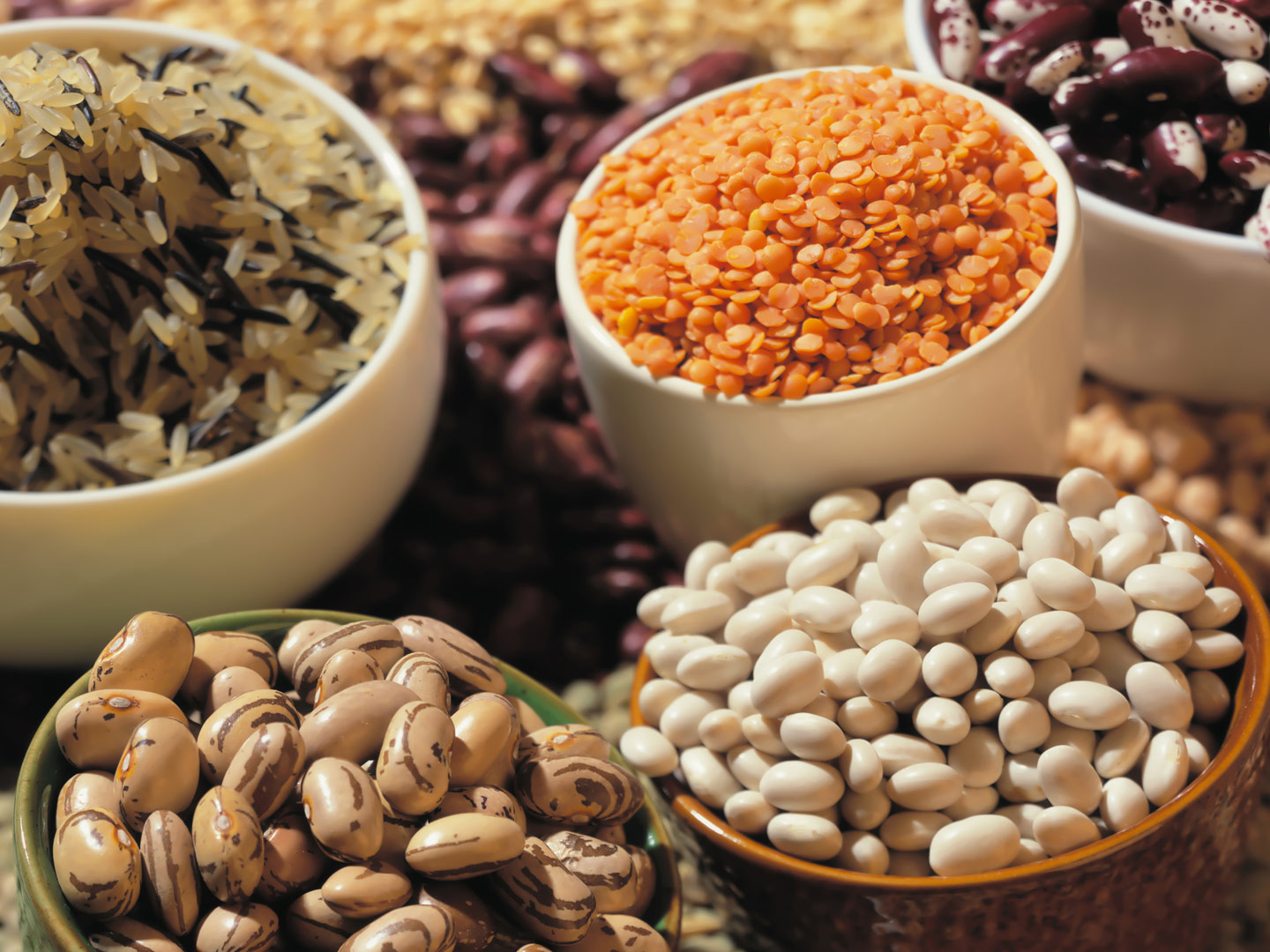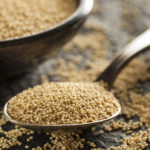Dr. Weil’s Guide To Popular Diets

Do you have a diet-related health problem or are you at risk of developing a health concern that might be avoided by changing eating habits? Choosing an eating plan best suited to your needs can be confusing. If you’re aiming for a healthier lifestyle and healthy aging, you can explore Dr. Weil’s Guide To Popular Diets on this site. These dietary strategies, aligned with Dr. Weil’s anti-inflammatory diet, have shown promise in preventing chronic diseases and enhancing longevity. They can also aid in reducing cancer and heart disease risks, lowering high blood pressure, managing irritable bowel syndrome, and decreasing the risk of dementia, contributing significantly to overall health and well-being as we age. Check out the preview below to identify ones that best fit your health needs or can help you avoid specific risks. You then can link to a full review of each.
Dr. Weil’s Guide To Popular Diets To Benefit Your Health:
Anti-Inflammatory Diet
This plan is not a diet in the popular sense – it is not intended as a weight-loss program (although people can and do lose weight on it), nor is the Anti-Inflammatory Diet an eating plan to stay on for a limited period of time. Rather, it is way of selecting and preparing anti-inflammatory foods based on scientific knowledge of how they can help your body maintain optimum health.
DASH Diet
Designed to help lower blood pressure without the need for medication, this diet is also linked to lower risks of breast, colorectal and prostate cancer as well as diabetes. It emphasizes fruits, vegetables and whole grains.
Flexitarian Diet
Emphasizes plant-based foods but allows occasional consumption of meat, chicken or fish. Health benefits: a lower risk of heart disease and hypertension.
Low FODMap
Designed for people with irritable bowel syndrome (IBS). It eliminates foods commonly associated with IBS symptoms in order to help identify those that are responsible in individual cases.
Intermittent Fasting
ntermittent fasting means occasionally going without food for longer than you typically would. This may involve skipping one meal a day, going without food or eating very little for an entire day once or twice a week, or even fasting every other day.
Ketogenic Diet
Developed as a treatment for drug-resistant epilepsy, particularly in children, it is now very popular for weight loss and general fitness. On this plan 75 percent of calories come from fat, 20 percent from protein and five percent from carbohydrate.
Macrobiotic Diet
Macrobiotics is viewed as a way of life, not simply a diet. Its philosophy teaches that good health and long life depend on proper food choices, predominantly whole grains: brown rice, barley, oats, corn, rye, wheat and buckwheat, as well as fish, whole soy foods, and other legumes, in addition to land and sea vegetables.
Mediterranean Diet
A composite of the traditional cuisines of Spain, southern France, Italy, Greece, Crete and parts of the Middle East, this way of eating emphasizes fruits and vegetables, high quality dairy products and fish. Shifting from a standard Western diet to the Mediterranean diet may help promote weight loss. Health benefits: lower risk of death from heart disease and cancer.
MIND Diet
This combination of the DASH diet and the Mediterranean diet is designed to help prevent age-related dementia and Alzheimer’s disease. It emphasizes foods including whole grains, fruits, non-starchy vegetables, nuts, legumes and seafood that have demonstrated some evidence of improving brain health.
Paleolithic Diet or Paleo Diet
This is an attempt to recreate the dietary habits of humans living during the Paleolithic era, 2.5 million to 10,000 years ago. It emphasizes vegetables, nuts and seeds and some fruit, primarily berries, in addition to wild-caught fish, organic eggs and free-range beef and chicken. All processed foods are excluded.
Raw Food Diet
The raw food diet entails restricting yourself to foods that haven’t been cooked or processed in any way. This limits adherents to eating mostly raw fruits and vegetables, along with seeds and nuts, all of which should be part of any healthy diet. However, maintaining the diet long term is associated with a risk of abnormally low bone mass, a sign that followers may be vulnerable to osteoporosis due to a very low intake of calcium and vitamin D.
Vegetarian Diet
Vegetarian diets tend to be lower in calories, saturated fat and cholesterol and higher in fiber, potassium and vitamin C than most other ways of eating. Health benefits: Vegetarians often weigh less than meat-eaters, have lower levels of LDL (“bad”) cholesterol and lower rates of heart disease and cancer.
Vegan Diet
The vegan diet eliminates all foods of animal origin – including eggs, dairy products and honey, as well as meat, fish and poultry. Health benefits: Vegans generally have a lower body mass index and weigh less than non-vegan counterparts. However, the diet may not provide adequate amounts of some essential micronutrients.


















